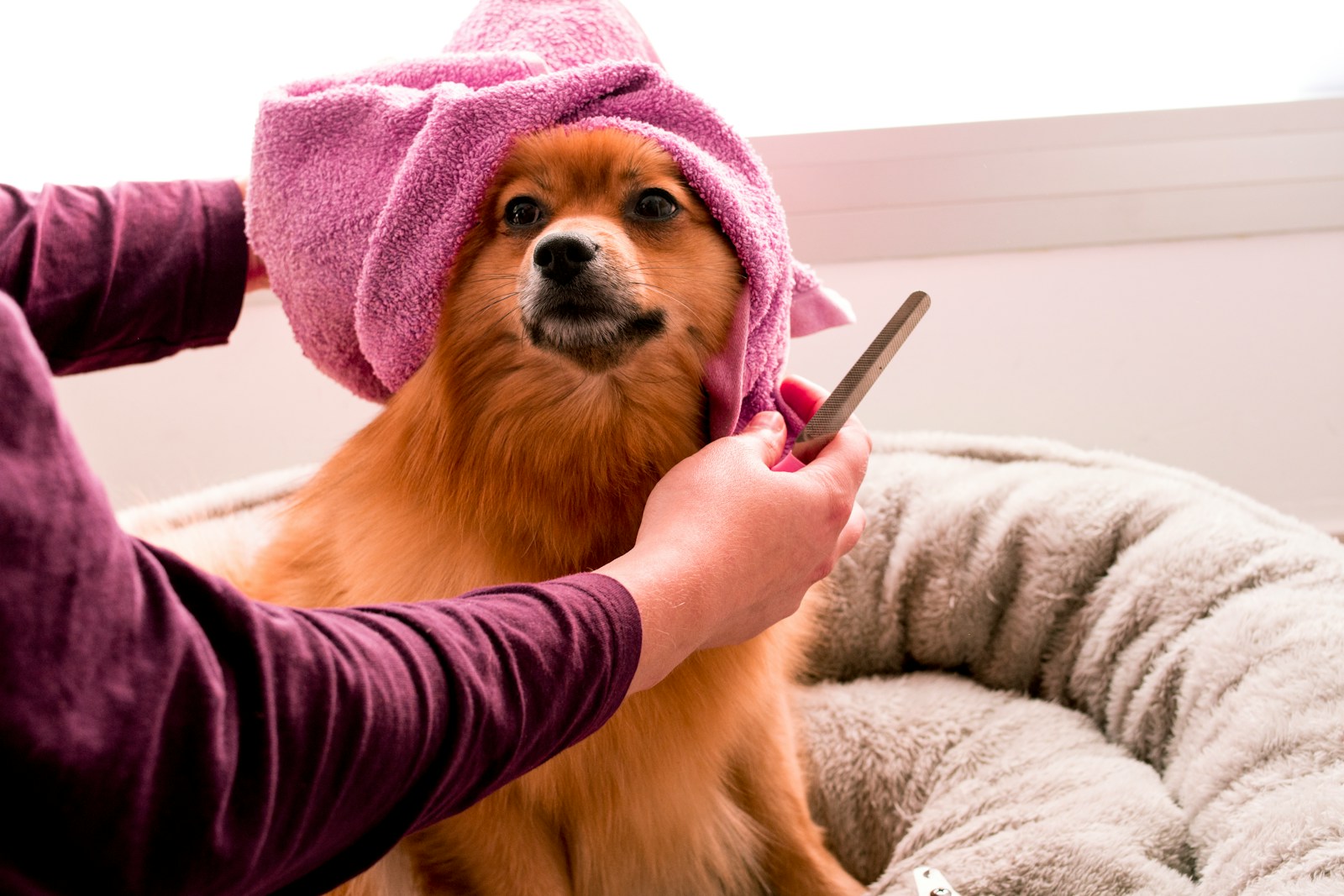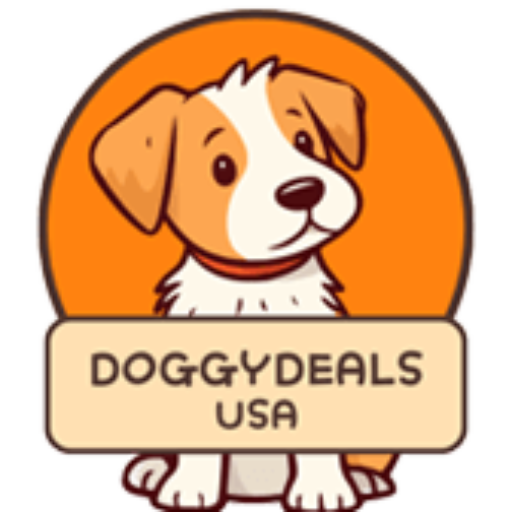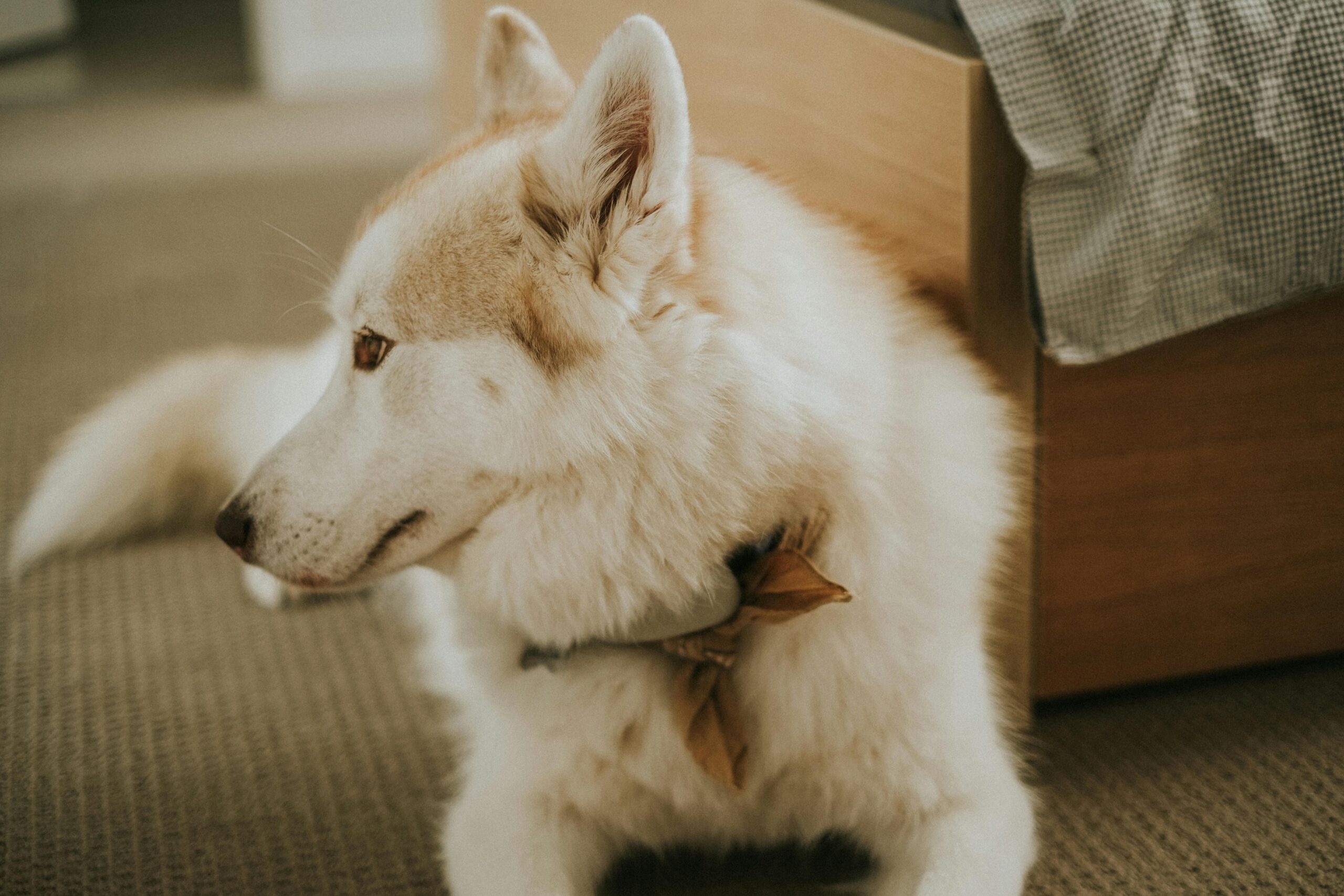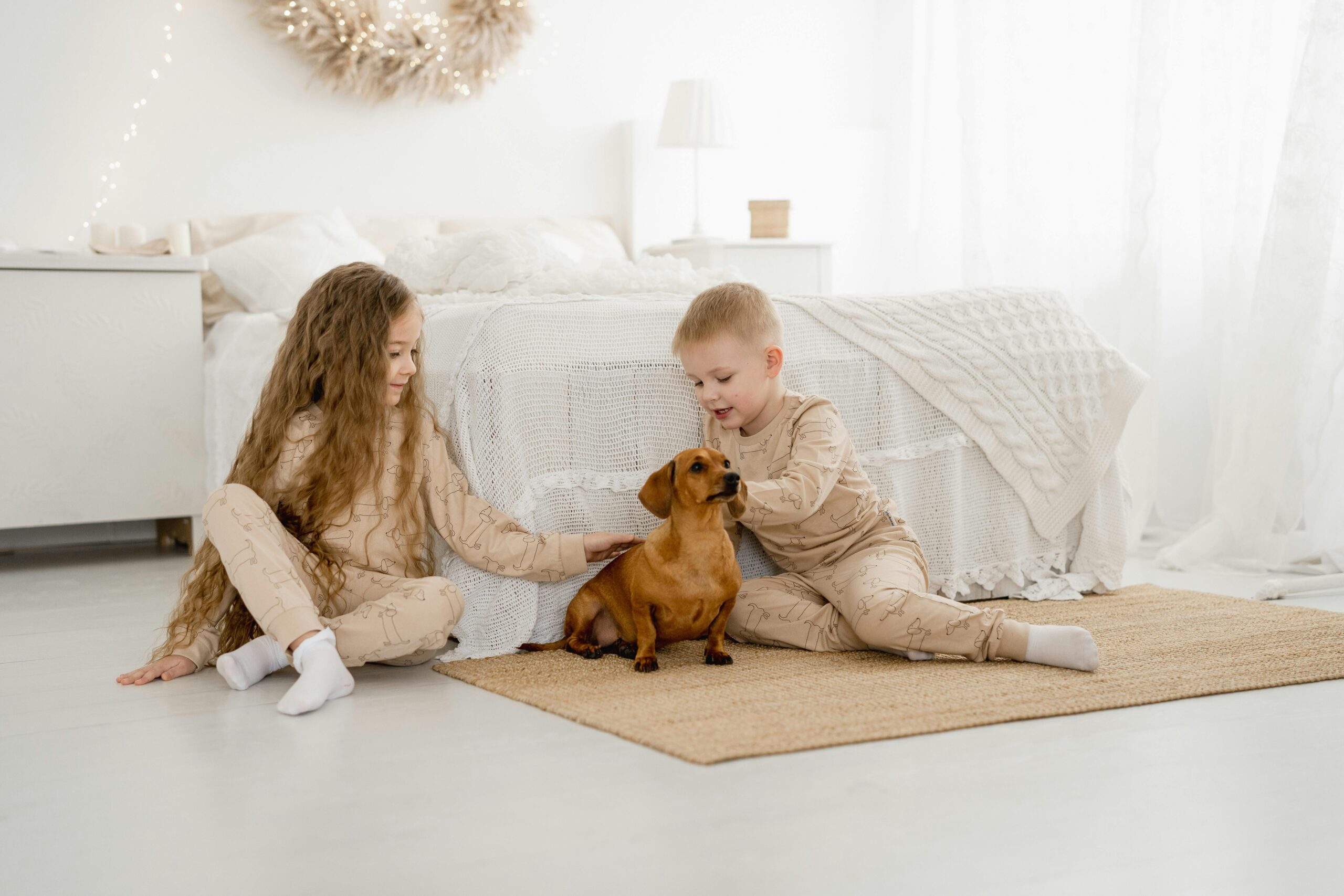Dapper dog grooming! Learn expert tips, must-have tools, and step-by-step techniques to keep your pup.
Dogs are family members, not only objects. They also require frequent maintenance to remain fashionable and healthy, much as we do. Whether your dog is a sleek Labrador, fluffy poodle, or scruffy terrier, understanding how to Dapper Dog Grooming it correctly will help to increase its well-being and provide that additional elegant appeal. From brushing and bathing to styling and clipping, this definitive guide will cover everything so your dog attracts attention on every walk!

Why is Dapper Dog Grooming really important?
Dapper Dog Grooming serves purposes beyond only cosmetic ones. Their general health and happiness depend much on it. Here is the justification:
- Regular grooming helps stop matting, hot areas, and skin diseases.
- Brushing helps to keep your house cleaner by removing loose fur.
- Bathing eliminates debris and oils causing unpleasant scents.
- Spotlights Early Health Issues: Grooming lets you find lumps, illnesses, or parasites before they become of major importance.
- Grooming your pet will help you to establish trust and deepen your relationship with it.
- Brushing increases blood flow, enhancing fur and skin condition.
- Maintaining a well-groomed dog reduces shedding, so less fur gets on your furniture and clothes.Dapper Dog Grooming
Essential Dapper Dog Grooming Tools
Before diving into Dapper Dog Grooming, ensure you have the right tools. Here’s a breakdown:
| Tool | Purpose |
|---|---|
| Slicker Brush | Removes tangles, mats, and loose fur |
| Deshedding Tool | Reduces shedding, especially for double-coated breeds |
| Dog Clippers | For trimming fur safely and evenly |
| Nail Clippers | Keeps nails at a safe, comfortable length |
| Ear Cleaner | Prevents infections by removing wax and debris |
| Dog Shampoo | Cleans coat without stripping natural oils |
| Towels & Blow Dryer | Helps dry and fluff up the coat |
| Dog Toothbrush & Toothpaste | Maintains oral hygiene and prevents bad breath |
| Grooming Scissors | For precise trimming around sensitive areas |
Step-by-Step Dog Grooming Guide
1. Coaching Your Dog’s Coat
Brushing distributes natural oils, helps to avoid matting, and cleanses debris. Different coat types need different brushing strokes:
- Short-haired dogs, like Beagles and Dalmatians: Sort loose hair with a rubber curry brush.
- Long-haired dogs—such as Afghan Hounds and Golden Retrievers—have daily tangles; prevention can be achieved with a slicker brush.
- Dogs with curly hair—such as Poodle or Bichon Frise—have optimum results from a slicker brush combined with a metal comb.
- Double-coated breeds—like Husky, German Shepherd—have: Stop too much shedding by using an undercoat rake.Dapper Dog Grooming
2. Correctly Bathing Your Dog
Frequency: While energetic or oily-coated breeds may need more frequent bathing, most dogs only need one every 4 to 6 weeks.
Directions:
- To clear tangles and loose fur, brush your dog before bathing.
- To keep from startling their system, use lukewarm water.
- Lather completely using dog-specific shampoo.
- Rinse thoroughly to avoid aggravation.
- Using a towel, dry; if necessary, use a low-heat blow dryer.
- Long-haired dogs should always use a conditioner to keep their smooth coats free from knots.
3. Maintaining Those Paws Healthy: Nail Trimming
Long nails could hurt and affect mobility. Use this advice:
- Ask for a premium grinder or nail clipper.
- Cut little quantities at a time to prevent cutting the quick (pink portion containing nerves).
- Should nails be dark, find the quick by shining a torch beneath.
Use styptic powder to halt bleeding should you cut too deeply by accident.
4. Ear Cleaning: Stopping Illness
Dogs with floppy ears—that means Cocker Spaniels—are more likely to have infections. To clear ears:
- Get an ear cleaner recommended by veterinarians.
- Wipe gently with a cotton pad; never put anything into the ear canal.
- Look for redness, an unusual smell, or too much wax.
5. Dental Care: Maintaining Clean Teeth
Grooming usually ignores oral health. To keep dental disease-free and fresh breath intact:
- At least two to three times a week, brush your dog’s teeth.
- Use toothpaste designed for dogs; never human toothpaste.
- Offer dental chews or toys designed to help cut down plaque.
6. Perfect Dog Haircut and Grooming
These are some chic trims for folks who enjoy a dashing-looking pup:
- Classic, fluffy appearance with sculpted pom-poms is Poodle Cut.
- Small breeds would find a rounded, soft look perfect for Teddy Bear Cut.
- Popular for Pomeranians, lion cut shows a shaved body with a fluffy mane.
- Shorter coats for hot summers help to keep dogs cool.
Grooming by Breed: Special Considerations
Different breeds have different dapper dog grooming needs. Here’s a quick breakdown:
| Breed Type | Grooming Needs |
| Short-Haired Breeds | Weekly brushing, occasional baths |
| Long-Haired Breeds | Daily brushing, frequent trims |
| Curly-Coated Breeds | Regular trimming and professional grooming recommended |
| Double-Coated Breeds | Seasonal deshedding; never shave completely |
Last advice for stress-free grooming
- Early on, grooming will help your dog become used.
- Create good associations with treats and compliments.
- Short sessions and engaging activities should rule your agenda.
- Be patient; some dogs take time to settle down.
FAQs
Q:How often ought I to wash my dog?
While some breeds may need more frequent washing, most dogs require a bath every four to six weeks.
Q:Could I use human shampoo on my dog?
A dog’s skin pH equilibrium might be upset by human shampoo. Always apply dog-specific shampoo.
Q:How can I stop my dog from shedding so much?
Shedding can be minimized with regular brushing, a good diet, and deshedding equipment.
Q:How can I maintain the coat of my dog shining?
Brushing, a healthy diet enriched in Omega-3s, and applying premium grooming products can keep a coat lustrous.
Q: Should I cut off the whiskers of my dog?
Whiskers are best left whole since they enable dogs to negotiate their environment.


